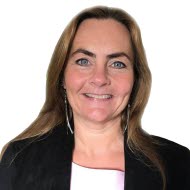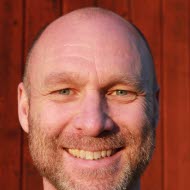Mathematics diagnostic tests and mathematical knowledge in upper secondary school
The project contributes to a deeper understanding of which mathematical knowledge can be visualized through diagnostic tests. Mathematics diagnostics are common, but little is known of the relationship between the design of diagnostics and the insights they can provide about mathematical knowledge.
Diagnostic assessments in mathematics are commonly used in mathematics education to create an understanding of students' knowledge at both individual and group levels. In mathematics education research, as well as in curriculum documents, mathematical knowledge is described in terms of mathematical competencies. The goal of mathematics education is for students to develop these competencies. Testing the goals to be achieved is a crucial aspect of all assessment.
A formative use of diagnostics, i.e., using the results from diagnostics to shape relevant mathematics instruction, requires a well-thought-out design with a clear purpose. However, it has proven challenging to assess students' knowledge at a single point in time, and recent years have seen a strong focus on increasing the reliability of knowledge measurements, while validity has not received the same attention. A risk with demands for increased reliability in assessments is that one or a few mathematical competencies may be emphasized at the expense of those that are more difficult to measure.
More knowledge is needed about the relationship between the design of diagnostic assessments in mathematics and the insights into mathematical knowledge they provide. This project addresses this knowledge gap by analyzing tasks, along with students' responses, in the diagnostic assessments used in upper secondary mathematics education. Thus, one aim of the project is to determine which aspects of mathematical knowledge the diagnostics successfully highlight and which aspects may not be effectively captured.
This is a project in collaboration with Härnösand municipality in accordance with the collaboration agreement.
The entire project application can be ordered from Mid Sweden University's diarium via e-mail: registrator@miun.se. Enter the project title when ordering.
Participants from the municipalities:
Härnösands kommun: Dan Elfvendal och Carl-Johan Nordangård
Total funding granted from the cooperation agreements: 784 000 SEK, of which Härnösans kommun contributes with 392 000 SEK.
Facts
Project period
241101—251031
Subjects
Research groups
Municipal cooperation
Project leader

Project members


